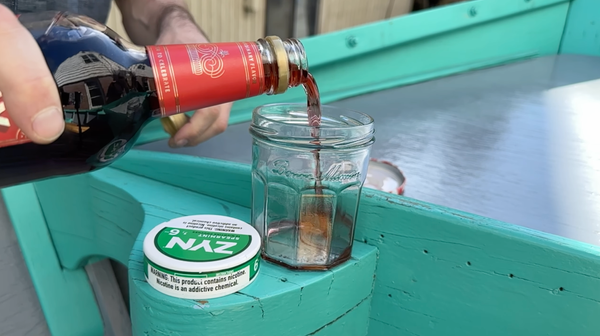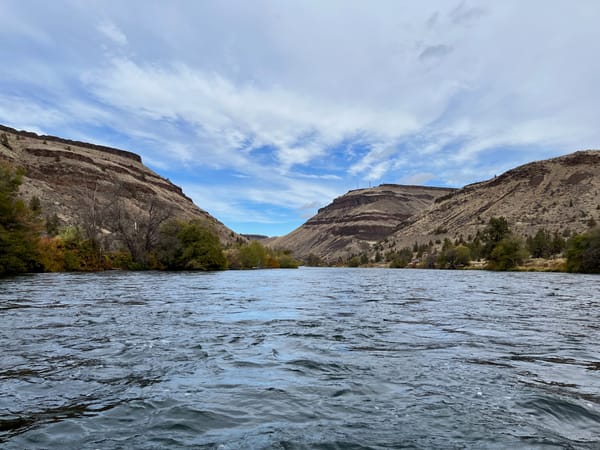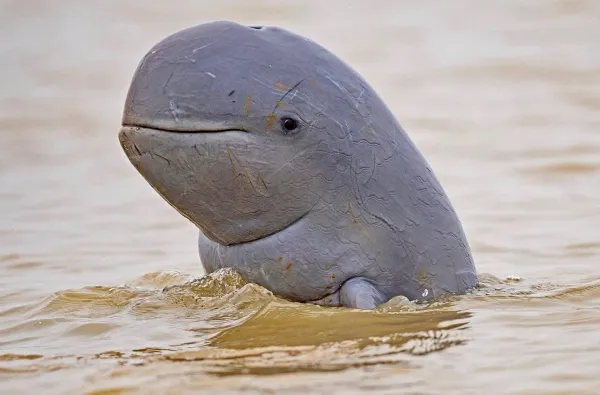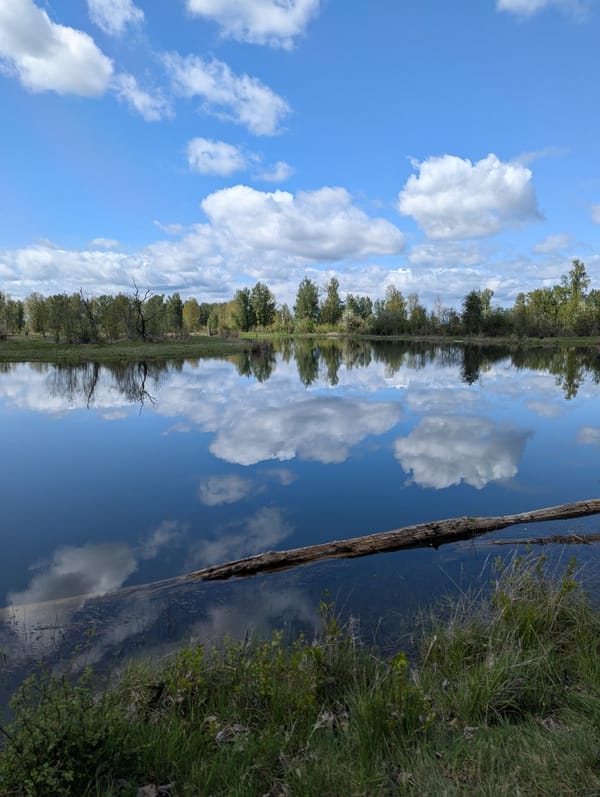Invest in Your Angling, and Your Community: Join a Fly-Fishing Club
There's a great new documentary out about the wonderful benefits of joining a club. Guess what? Joining a fly-fishing club is even better, and will make you a better angler.
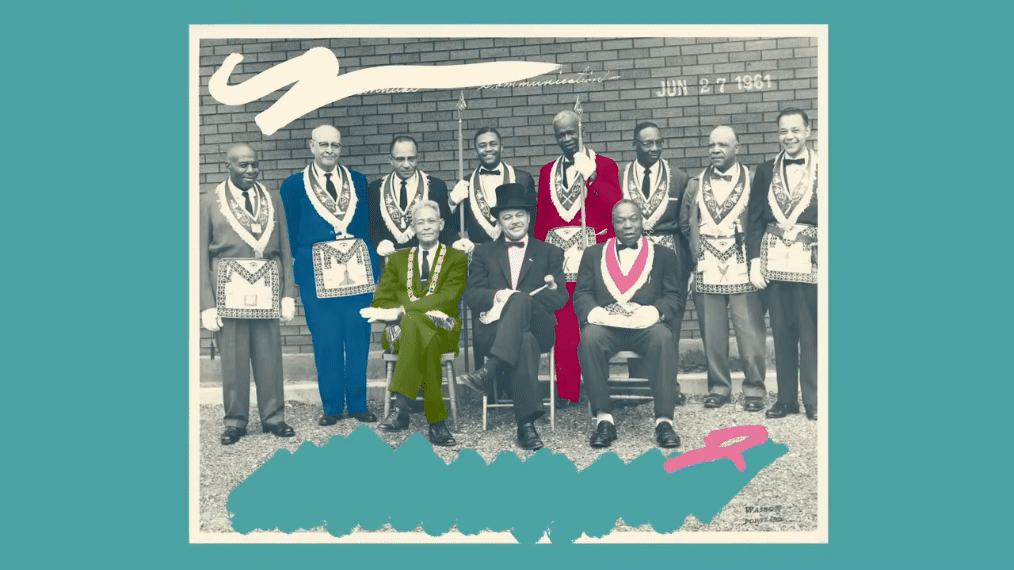

CFS crew: All across the United States, and, well, the northern hemisphere, our days are getting shorter. As fall progress into winter, we must cope with one unrelenting reality: trout season is ending.
Here in Oregon, in the part of the state where I live, trout season closes October 31. I have one trout trip left in the next couple of weeks. Sure, there are winter opportunities. But, for the most part, the long and happy days are behind us.
What's an angler—especially someone new to the game, who caught the bug this season and is just picking up skills—to do? Join a club!
Here's the single-biggest thing you can do this offseason to become a better angler: join a fly-fishing club.
Joining a fly-fishing club offers all sorts of benefits for the beginner. I can't emphasize enough how big of a return on the investment of your time and energy it will provide in your enjoyment of angling.
When I was a beginner, membership in the Michigan Fly Fishing Club was critical to me falling in love with the sport. I want to encourage you to get the same benefit as your angling progresses.
To me, it boils down to three things:
- Wisdom
- Access
- Accountability
How does joining a fly-fishing club make you a better angler?
First off, the club's collective wisdom. Whenever the club meets, there's a hell of a lots of experience in the room. Some members will have been fishing in the area for decades. They're always happy to offer handy tips and advice to beginners.
For me, our club was a place where I could ask dumb questions and get answers that were reliably accurate. It was a place where I could look like an idiot.
And, maybe just as important, I could practice telling fishing stories. Sure, club members had caught dozens or hundreds of big browns on dry flies. But they listened patiently and congratulated me when I babbled on exuberantly the first time it happened to me.
There's formalized knowledge transfer, too. The main component of any fly fishing club meeting is typically some kind of presentation, from a member, or a visiting angler or guide, about something fishing-related and of interest to club members. Big rainbows in Alaska. Salmon runs on the Clackamas. Tactics and locations on the Mckenzie. All are topics of club presentations I've seen this year.
Second, clubs give you incredible access. Club outings, usually once or twice a year, offer a good chance to get to know new places to fish you wouldn't have known about with folks who've got experience, or are eager to learn too.
You get exposure to new styles of fly-fishing, too. There's definitely a club streamer angler, or club nympher, or club flytyer, or club pontoon boater who are the go-to brain, who have gone down the rabbit holes, and who are happy to be endlessly queried as you try to learn more.
To say nothing of access to gear. Clubs frequently have "garage sales" or similar, where members can offload equipment they're no longer using. These sorts of things are a great way for a beginner to get a decent rod and reel setup for a fraction of what you'd pay new, or even on Craigslist or Facebook Marketplace. Club members are often eager to help beginners out in this department.
And don't forget door prizes! Most clubs hold some sort of raffle, where you can buy a ticket for a nicer prize item, and door prizes, where you get a few entries just for showing up.
Lastly, accountability. Having a support network, or even just a single accountability partner, makes a big difference in learning new things.
The American Society of Training and Development (ASTD) did a study on accountability and found that you have a 65% of completing a goal if you commit to someone. And if you have a specific accountability appointment with a person you’ve committed, you will increase your chance of success by up to 95%. (Source)
Agreeing to show up at a certain place and time, and knowing that someone will be wondering where you are if you don't follow through, can help you make that early-morning wakeup, or get over the dread of the inevitable beginners' tangles that are part of learning how to fly-fish.
What happens at a fly-fishing club meeting?
It's nowhere near as fun as actually fishing, but the structure of most fly-fishing club meetings are centered around something the club members all have in common: a keen—borderline obsessional—interest in fly-fishing.
Typically they're held in restaurants. Or, in the case of our TU chapter, a brewery. So, you arrive, sign in, order a beer and a burger, then shoot the breeze with other members. Club officers circulate, and will strike up conversation with new faces. They may even try to sell you a raffle ticket for a prize package, and give you a door prize ticket just for showing up.
Once everyone's settled and through the social hour, there's usually some administrative announcements, updates on programs, and housekeeping, where various committee members give insight into what's happening with the club: outings, education sessions, community involvement, conservation programs, etc.
Then, on to the main event, the night's program. A slideshow, or talk, or some sort of multimedia presentation about some aspect of fly-fishing or another, from either a club member, or a local guide, or a visiting angler. Depending on the size of the club, these can be fishing reports from members, or even presentations from bigger-name industry leaders. Sometimes, if an angler has just written a book, they'll tour clubs talking about the book. They can be a great opportunity to get up close and personal with really experienced anglers.
After the presentation, there's the raffle draw, door prizes are awarded, and everyone goes home, with some new ideas about fishing, maybe a phone number or two, and a couple of spools of tippet from the door prize. The meeting education and prizes alone are worth the cost of dues for most clubs, but add in opportunities at fish-alongs and outings, and group trips and training sessions, and membership is a no-brainer.
Join or Die
If you need a little more convincing about joining a fly-fishing club, or joining clubs in general, allow me to direct your attention to a lovely new documentary on Netflix, Join or Die.

The film explores the work of sociologist Robert Putnam, who you may have heard of from his extensive work around communities and social capital.
Putnam found tons of data around how civic groups and organizations across the United States are shrinking, and as a result, we're becoming more insular and trusting each other less, and society is poorer as a result.
Putnam's thesis galvanized in the late '90s when he published an essay and ultimately a book entitled Bowling Alone, which used the decline of bowling leagues and the increase in individuals hitting the lanes by themselves to illustrate the crisis.
Now, some 30 years after Putnam's thesis, we're even more atomized as individuals. Pandemics, political upheaval, economic crises have driven Americans apart, and we seemingly have less in common than ever before.
Join or Die looks at Putnam's lifelong research through a new lens, across several groups bringing people together in new ways. Check out the trailer:
Watch the Join or Die trailer
Clubs create culture
Core to Putnam's thesis is the explosion of civic social behavior in the early 20th Century, across unions, membership organizations, and other affinity groups helped form leaders.
The simple acts of running meetings, speaking in public, cultivating acquaintances with which you had little in common: these were all training for individuals to become better at making a difference, and becoming excellent in other places: their jobs, political offices, families.
Clubs were important to individuals, but they also collectively created something important: the power inherent in group effort, and the ability to change things based on that power.
You don't need me to connect the dots between the lack of civic participation and the state of our culture. But, the filmmakers can help. I strongly recommend you add it to your queue.
- You can watch Join or Die on Netflix
- Go see it in person in Portland on December 4 at the Maybelle Center
- Catch a screening somewhere near you
- Arrange a community screening in your area to bring the film to your group.
OK, then back to fly-fishing.
Fly-fishing clubs create collective change
Fly-fishing clubs are great for individual betterment, that's for sure. One of the most important things a fly-fishing club does as a group is advocate on behalf of its members for conservation of our playing fields, wild and untrammeled watersheds and wilderness areas.
My home club, the Clackamas chapter of Trout Unlimited, for example, advocates, gets grants, and collaborates to actively to preserve and expand wild fish habitat. They are creating fishing opportunities for this generation and the next, managing complex projects, against the toughest odds.
For example, here's the latest update from the statewide Oregon chapter of TU. Check out all those sweet, sweet conservation programs and advocacy opportunities! And here are some of the projects TU chapters in areas affected by Hurricane Helene are helping with.
So, join a club this winter. Thank me later.
Fly-fishing clubs to join
You don't have to join them all, but I'd suggest your local TU chapter to start.
National fly-fishing clubs
Portland-area fly-fishing clubs
- Trout Unlimited Clackamas River Chapter*
- Flyfishers' Club of Oregon
- Clackamas Fly Fishers
- Clark-Skamania Flyfishers
- Washington County Fly Fishers
- Stonefly Maidens
- Fly Fishers Club of Oregon
* My local TU chapter, and the proud sponsor of our Intro to Fly Fishing beginner rods and reels.
Fly-fishing clubs across Oregon
- In no particular order, to the best of my knowledge:
Central Oregon - Cascade Family Flyfishers
- Central Oregon Flyfishers
- Sunriver Anglers
The Gorge - Northwest Fly Fishers
- Columbia Gorge Fly Fishers
The Willamette valley - Mid Willamette Fly Fishers
- Mckenzie Flyfishers
- Santiam Flycasters
Down south - Klamath Country Fly Casters
- Rogue Flyfishers
- Southern Oregon Fly Fishers
The coast and Umpqua watershed - Lower Umpqua Fly Casters
- Rainland Flycasters
- Steamboaters
Regional clubs CFS folks love
Broader place- and fish-based groups
- Native Fish Society
- Wild Salmon Center
- Deschutes River Alliance
- North Coast Communities for Watershed Protection
Want to see your club listed here? Know of a group I missed? Send it along, or put it in the comments, this list is ever-evolving!
Steal my Italy trip, the non-fishing edition
My much more talented and clever wife wrote about our Italy trip in detail for New York magazine's Strategist. Take a look if you're interested in all the intel: how long we spent in each area, where we stayed, all the most important stuff.
I'm thinking of compiling all the Italy stuff into a presentation, if you're interested in DIYing a similar trip. Fishing is pretty accessible, even if you don't speak Italian, and didn't break the bank. Let me know if you'd be interested, and I'll put everything into a tidier, more talk-y package.
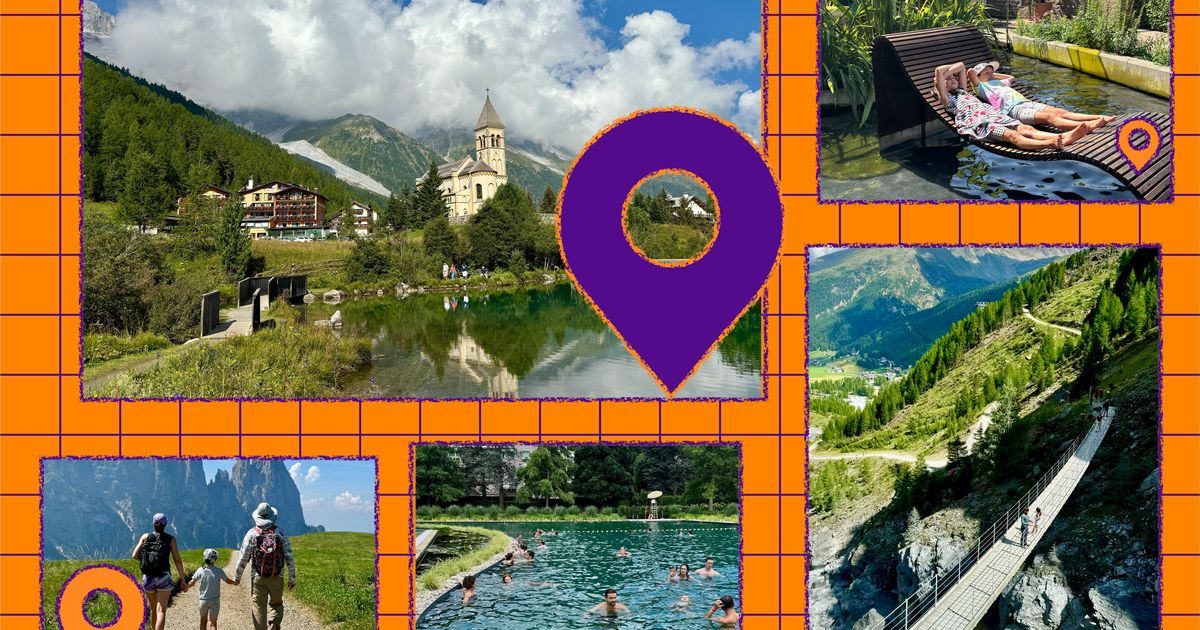
In case you missed it, you can find all our fly-fishing related Italy coverage here:
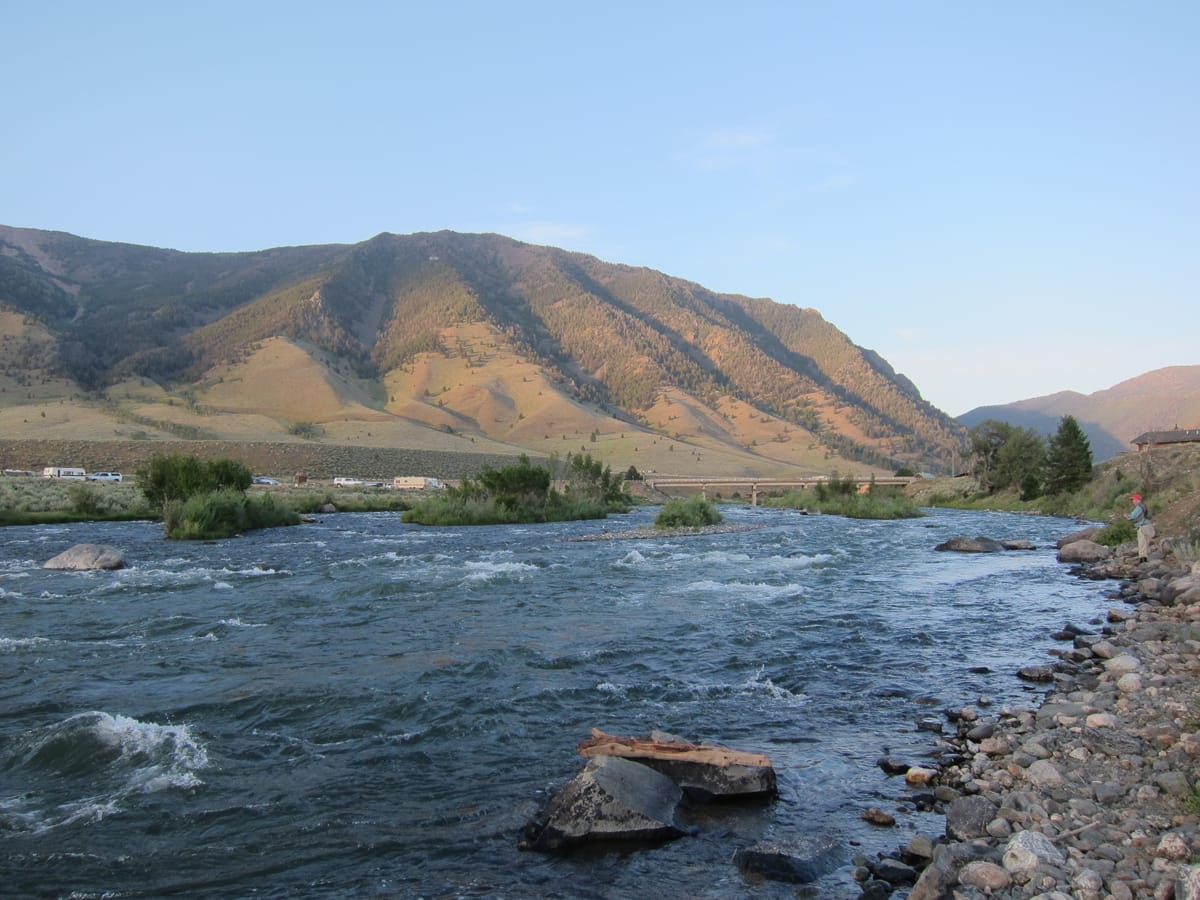

Current Flow State is a weekly newsletter from me, Nick Parish.
If you enjoyed this, please forward it to a friend.
Read our editorial policy or browse the newsletter archives.
Members support and sustain the site, our community. Learn more about membership benefits. If you're getting value from this material, consider becoming a member and giving back.



